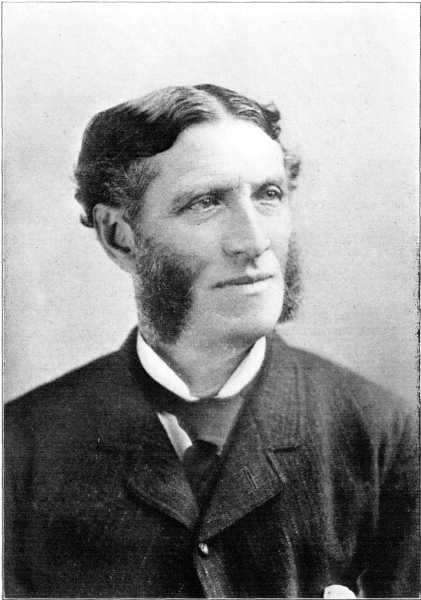Matthew Arnold słynne cytaty
„Bóg nie może być wszędzie, dlatego wynalazł matkę.”
Źródło: Leksykon złotych myśli, wyboru dokonał Krzysztof Nowak, Warszawa 1998.
[Poetry] a critisism of life under the conditions fixed for such a critisism by the laws of poetic truth and poetic beauty. (ang.)
Źródło: The Study of Poetry, 1880
Matthew Arnold: Cytaty po angielsku
Diary entry for the day he died (15 April 1888); from Ecclesiasticus, xxxviii
Matthew Arnold's Notebooks (1902)
The Functions of Criticism at the Present Time (1864)
G.W.E. Russell, Collections and Recollections, ch. XIV, Harper & brothers, 1898, p. 136 https://archive.org/details/collectionsandr02russgoog/page/n152. Russell states that was said to him by Arnold himself.
Attributed
“Hear it, O Thyrsis, still our tree is there!”
Ah, vain! These English fields, this upland dim,
These brambles pale with mist engarlanded,
That lone, sky-pointing tree, are not for him;
To a boon southern country he is fled,
And now in happier air,
Wandering with the great Mother’s train divine
(And purer or more subtle soul than thee,
I trow, the mighty Mother doth not see)
Within a folding of the Apennine.
St. 18
Thyrsis (1866)
nearer, perhaps, than all the science of Tübingen. Adorable dreamer, whose heart has been so romantic who hast given thyself so prodigally, given thyself to sides and to heroes not mine, only never to the Philistines! home of lost causes, and forsaken beliefs, and unpopular names, and impossible loyalties!
Preface to the Second Edition (1869)
Essays in Criticism (1865)
“The power of the Latin classic is in character, that of the Greek is in beauty.”
Now character is capable of being taught, learnt, and assimilated: beauty hardly.
"Schools and Universities on the Continent" (1868)
Stanzas from the Grande Chartreuse (1855)
Stanzas from the Grande Chartreuse (1855)
Better so! </p><p> All pains the immortal spirit must endure,
All weakness which impairs, all griefs which bow,
Find their sole speech in that victorious brow.</p>
"Shakespeare" (1849)
